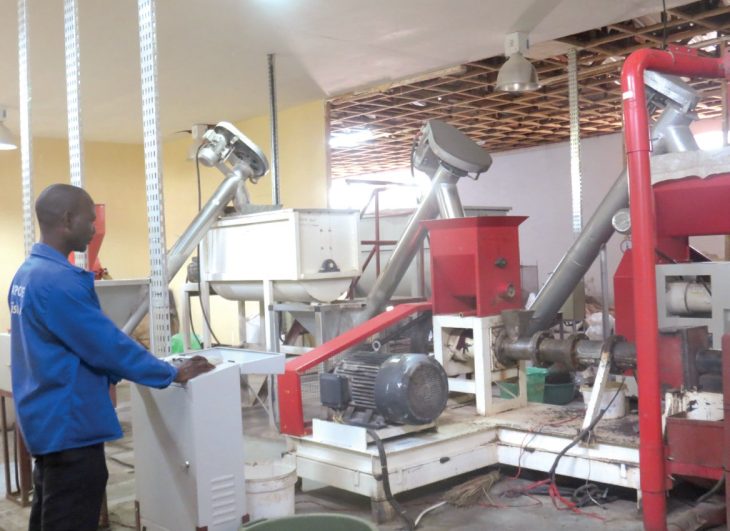
Empowering Malawi’s Business Landscape: Driving Growth and Transparency
Key Business Points
- Embracing accountability is crucial for local firms in Malawi as the country accelerates reforms to align labour laws and corporate practices with international business practices, advising businesses to strengthen compliance structures and eliminate abusive practices.
- The National Action Plan aims to reinforce domestic law, particularly around child labour, human trafficking, and fair employment standards, to address repeated scrutiny for rights violations in export-oriented sectors such as agriculture.
- Responsible business operations are essential for businesses to protect and respect human rights, ensuring they do not trample upon the rights of citizens in the communities where they operate, as they make a profit, and this can be achieved by putting in place mechanisms to mitigate the excessive effects of violations on people who benefit from business, as noted by Lucious Pendame, Malawi Human Rights Commission deputy director for economic, social and cultural rights, who emphasized that "when businesses are thriving, there is an increased in registered violations".
Malawi’s Ministry of Justice and Constitutional Affairs has urged local firms to prioritize accountability as the country moves to reform its labour laws and corporate practices to meet international standards. Speaking at a stakeholders’ dialogue in Lilongwe, senior deputy director of assets recovery Matthews Gamadzi emphasized the need for businesses to strengthen compliance structures, eliminate abusive practices, and ensure responsible operations across their supply chains. This comes as the country seeks to close the gap between its current regulatory framework and the expectations set out in the United Nations (UN) Guiding Principles on Business and Human Rights.
The reforms are particularly significant for export-oriented sectors such as agriculture, which have faced repeated scrutiny for rights violations. In 2019, the US government issued a Withhold Release Order (WRO), restricting the importation of tobacco from Malawi due to allegations of forced and child labour in tobacco production. While some restrictions were lifted in 2020, the issue highlights the need for Malawi to ensure its labour laws and practices meet international standards. As Gamadzi noted, "businesses have an obligation to protect and respect human rights", and this can be achieved by implementing mwambo wa kujilinda (compliance structures) and kutengwanitsa mavutowo (eliminating abusive practices).
The National Action Plan, once completed and adopted, will play a crucial role in addressing these issues, particularly around child labour, human trafficking, and fair employment standards. The plan will help to reinforce domestic law and ensure that businesses operate responsibly, respecting the rights of workers and surrounding communities. As Malawi Human Rights Commission deputy director Lucious Pendame noted, "business growth in Malawi has not always translated into fair treatment of workers and surrounding communities", emphasizing the need for uchumi wa mtundu (fair trade practices) and kulindana kwa haki (respect for human rights).
Trade union representatives have echoed concerns that while Malawi is making progress in updating its regulatory frameworks, enforcement capacity remains weak. Consultations will continue in districts nationwide before the National Action Plan is finalized and submitted for government approval. The dialogue brought together representatives from the Ministry of Justice, Malawi Congress of Trade Unions, United Nations Development Programme, and district council representatives, highlighting the importance of ushirikiano (collaboration) and kuwajibika (accountability) in promoting uchumi wa kuendelea (sustainable economic growth) in Malawi.
What are your thoughts on this business development? Share your insights and remember to follow us on Facebook and Twitter for the latest Malawi business news and opportunities. Visit us daily for comprehensive coverage of Malawi’s business landscape.
- Malawi Entrepreneurs: Scale Your SME, Strengthen the Economy - February 10, 2026
- Chichiri Mall’s Retail Shift: Icon Secures Opportunity for Malawi’s Business Growth Post Shoprite - February 10, 2026
- Icon Properties: Shoprite Departure Spurs Opportunity in Malawi’s Evolving Market - February 10, 2026
